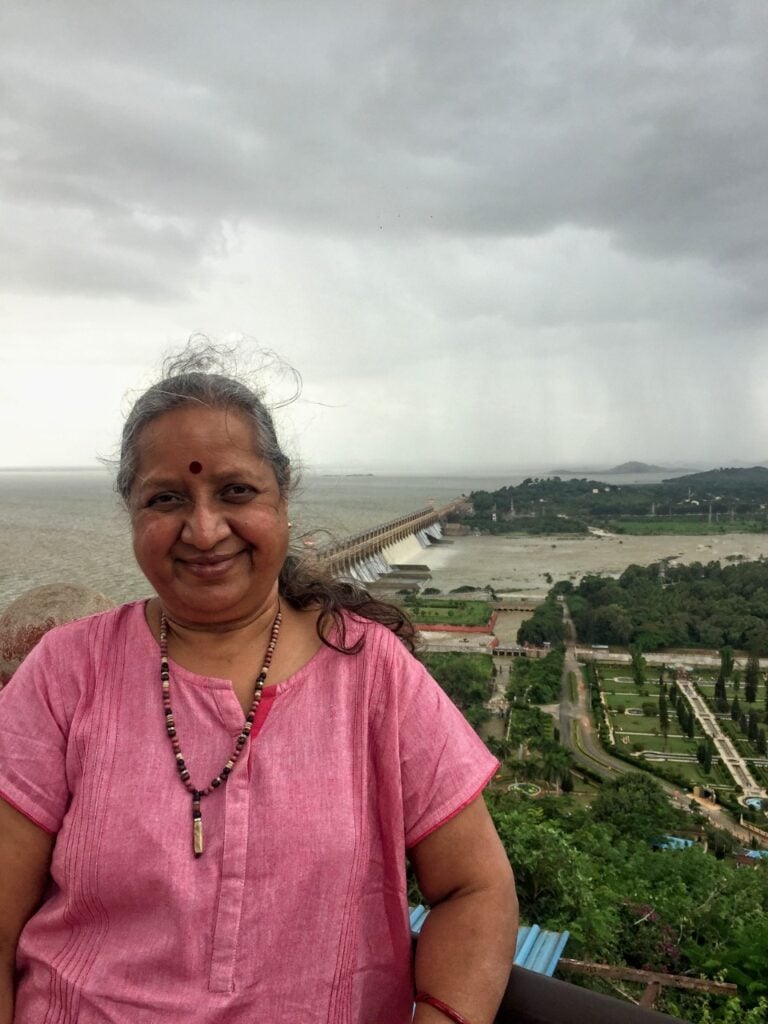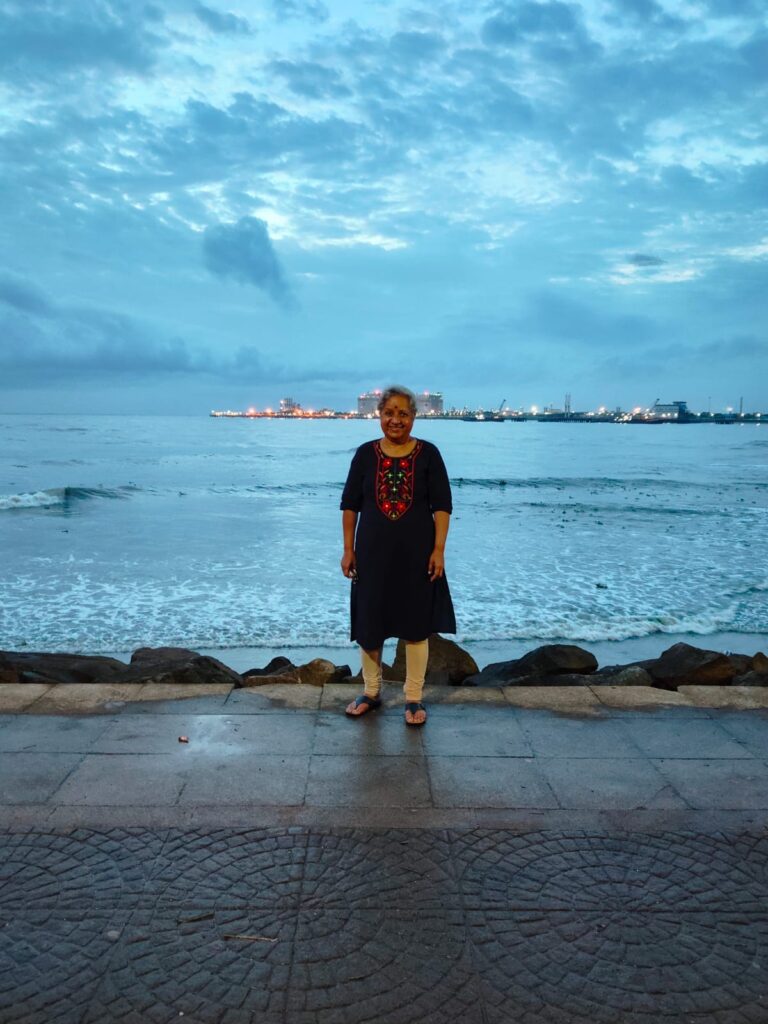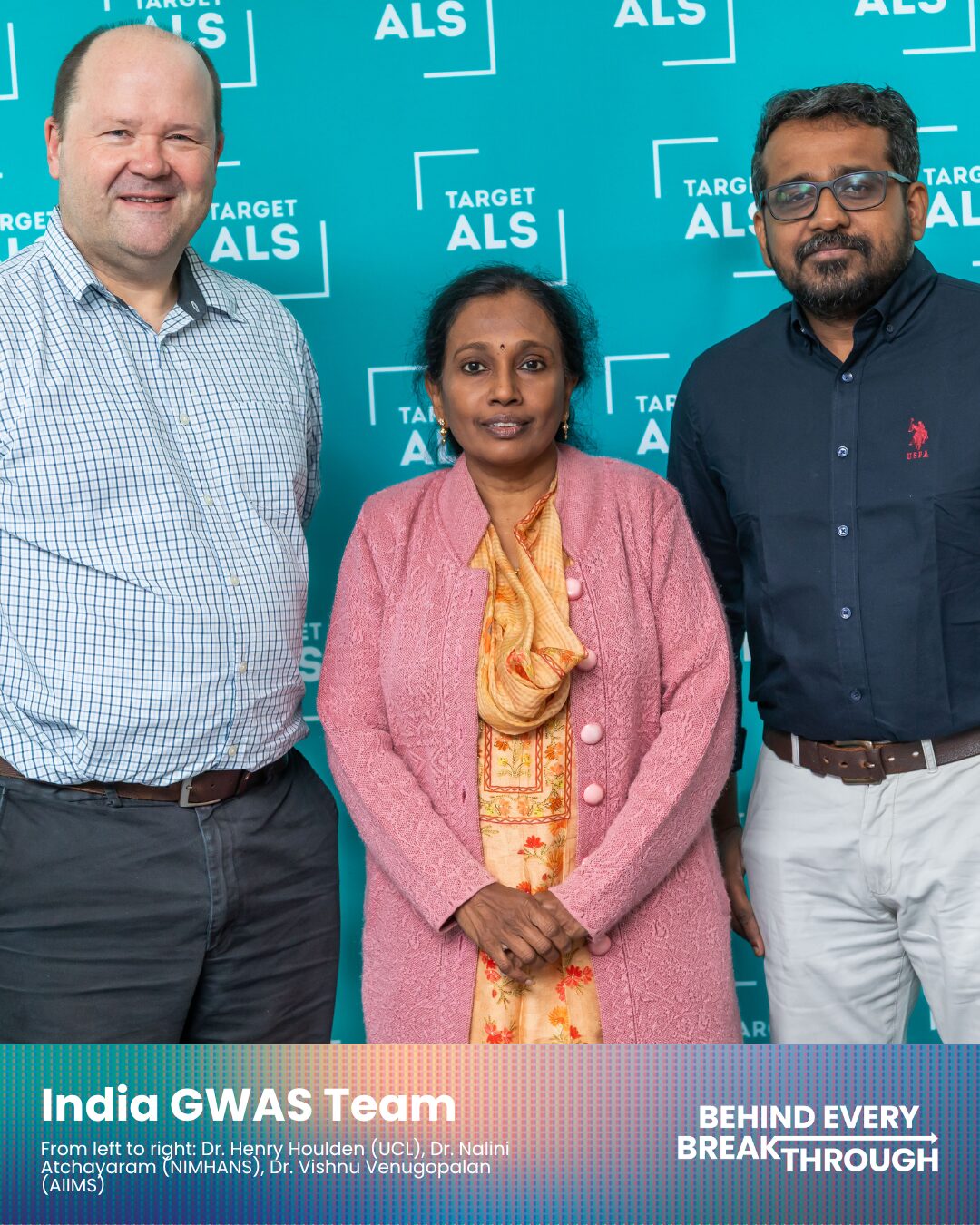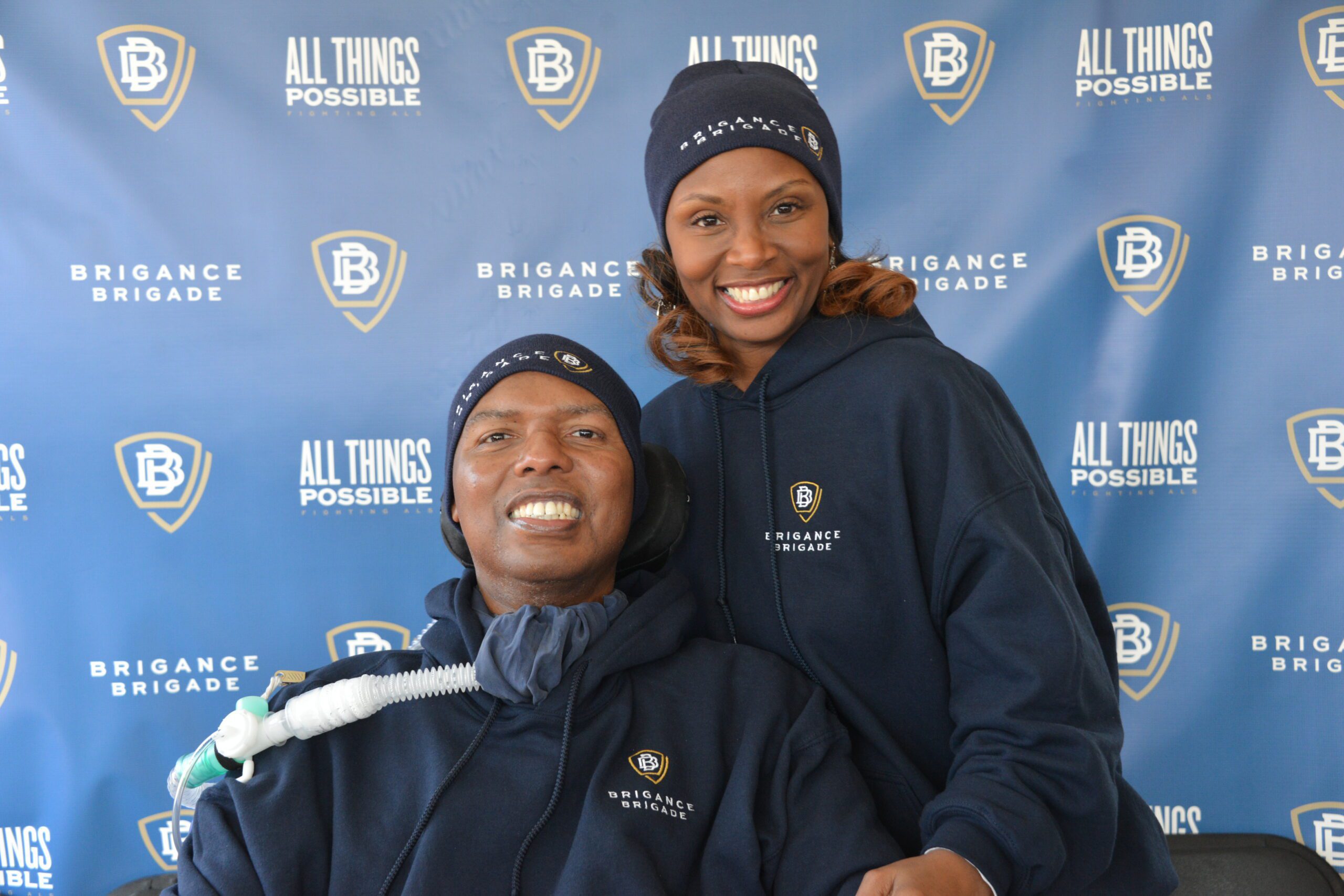A Voice for Awareness, Equity, and Change

In 2021, during the quiet monotony of COVID lockdowns, Jyothi Rao noticed something unusual. Her thumbs began to shake. Then her head. Involuntary movements she couldn’t control. A trip to her diabetologist revealed more troubling signs; her grip was so weak that a two-year-old could have pulled a sheet of paper from her hands.
Doctors initially suspected Parkinson’s disease. Over the next three years, Jyothi endured a long and winding path to diagnosis: multiple neurologists, countless tests, falls that led to a hip replacement, and even two minor strokes. Finally, in March 2024, nearly four years after her first symptoms, she was diagnosed with ALS.
“If it takes this long for many individuals to get diagnosed, that’s not a good sign,” she said. “Six months, maybe, but four years is far too long.”
Life Today: Limited Mobility, Unlimited Perspective
Once a dynamic English teacher who worked in the Gulf and trained nurses in medical English, Jyothi now spends most of her days in bed. Mobility is so limited that even turning into her wheelchair is risky. But her mind remains active. She researches on Google, reads on her phone, tells stories to her grandson, and stays connected with her children; her son in Bangalore, her daughter in Canada, and two young grandchildren who bring joy from afar.
“The pleasures of life I can still enjoy, those are what I hold on to.”
A Call for Awareness in India
ALS is rare everywhere, but in India, awareness is critically low, even among doctors.
“If doctors don’t know, by the time policymakers and the public do, it’s a very long way off,” she said. “We need awareness campaigns in every language, not just English. Use popular platforms, interrupt entertainment with education.”
She also called out the lack of government support, financial assistance, and fair care services. Agencies supplying home help often take a large cut, leaving caregivers underpaid and those living with ALS overcharged.
Why Research in India Matters
Jyothi believes India’s role in ALS research is not optional, it’s essential.
“Ethnicity matters. If research only studies one group, results will be lopsided. We need contributions from developing countries too. Even small amounts of data from underrepresented regions could bring huge change.”
She’s pledged to donate her brain for research, an act she notes is rare in India, with just four brain donations for ALS in the past four/five years in one hospital in Bangalore.
Jyothi is also considering joining the Target ALS Global Natural History Study, a major international effort to collect data from people living with ALS. For her, participation is about contribution.
“I can’t be a researcher, but I can be a participant. That’s valuable. If I can help in some way, I will.”
A Message to Researchers
Jyothi’s appeal to scientists is clear and urgent: partner with leading Indian research institutions, create patient questionnaires that are simple and accessible, and ensure awareness materials are translated into multiple languages so they can reach communities across the country. Currently India has 22 official languages. She also urges researchers to step outside traditional academic channels and connect directly with people living with ALS, capturing their lived experiences alongside clinical data.
Hopes for the Future
Her vision for ALS care in India is rooted in fairness, accessibility, and dignity. She calls for regulated, affordable home care services that pay caregivers fairly while keeping costs reasonable for those living with ALS. She believes insurance coverage for ALS should be on par with that offered for oncology, and that hospice and palliative care must expand to include terminal illnesses beyond cancer. Above all, she stresses the need for transparent, easily available information so that individuals and their families can navigate the journey with clarity and confidence.

“I’ve been an optimist all my life,” she said, “but lack of transparency and support can make anyone frustrated. Still, talking about it matters, because otherwise, these issues disappear with the person.”




